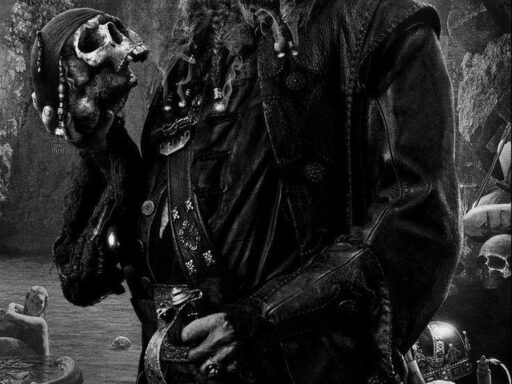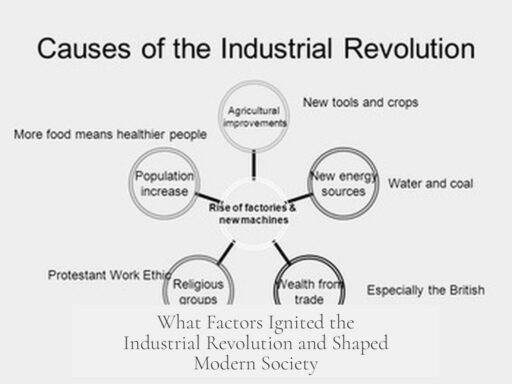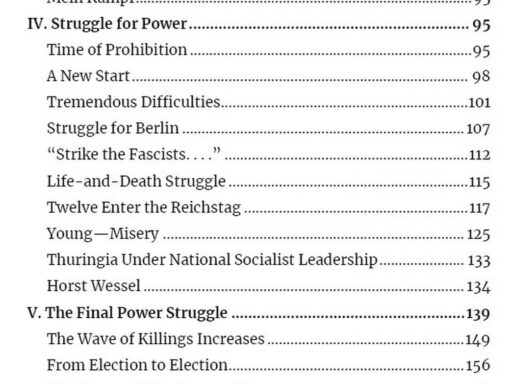John Brown’s political views extended beyond abolitionism to include support for universal suffrage, common property, mandatory labor, and Christian morality. He rejected the Republican Party, distrusted politicians broadly, favored Jeffersonian agrarianism, opposed industrialization, and developed utopian socialist ideas late in life.
Brown’s vision for society included radical political and social reforms. His Provisional Constitution, drafted for his anti-slavery state project, outlined principles that reached far beyond ending slavery.
- Universal suffrage and citizenship: Brown advocated voting rights for all, regardless of race or sex. His use of “persons” intentionally included women. Citizenship protections applied equally to all people.
- Common property: The Provisional Constitution mandated that all property created or captured by state members be held in common. This extended to property produced by labor. Traditional private property rights were rejected in favor of collective ownership. Early militia charters suggested equal division, but Brown moved towards full communal holding, signaling a socialist leaning.
- Mandatory labor: All members had to work. No government position offered pay except to support family needs, emphasizing labor’s societal importance and discouraging personal enrichment.
- Open carry of arms: Brown allowed open carry of weapons for all mature persons, male or female, regardless of race. Concealed carry was banned, reflecting the militant stance against slaveholders.
- Family integrity: He prioritized keeping families intact. Formerly enslaved people suffered brutal family separations, and Brown sought to protect and repair family ties after emancipation.
- Religious emphasis: While no religious test barred voting or citizenship, Brown favored Christianity. Sabbath observance was law and churches were to be built. Religious and moral character mattered greatly for government officials.
Politically, Brown distrusted formal institutions and politicians. He disparaged the Republican Party as insufficiently radical and “dough faced,” meaning weak or indecisive on abolition. He believed politicians abandoned honorable labor and criticized undemocratic bodies like the U.S. Senate and Supreme Court, which he saw as propping up slavery.
Brown’s views reflected a Jeffersonian democratic ideal favoring small farms and producer independence over industrial capitalism. He opposed proto-industrialization for turning people into passive consumers. Attempts to organize wool growers to negotiate better with textile makers failed but showed his commitment to economic equality and producer rights.
His concerns extended to poverty beyond slavery. In letters, he warned of severe social crises—famine, pestilence, war—stemming from widespread hardship even in free states.
Brown’s socialist leanings matured by the end of his life. His son confirmed that Brown embraced early Christian communalism as a model for society. The principle of holding property in common was central to his utopian vision, linking abolitionism with broader social and economic reform.
| Aspect | Details |
|---|---|
| Universal Suffrage | Voting rights for all races and sexes, citizenship protections |
| Common Property | All property held communally, no personal accumulation |
| Mandatory Labor | All must work; government roles unpaid except for family support |
| Open Carry | Allowed for all mature persons; concealed carry banned |
| Family Integrity | Protect and reunite families separated by slavery |
| Religious Focus | Christianity favored; moral character vital for officials |
| Political Distrust | Rejection of Republican Party; scorn for politicians |
| Economic Views | Jeffersonian agrarianism; anti-industrialization; anti-consumerism |
| Social Ideals | Utopian socialism; inspired by early Christian communalism |
John Brown’s political views combined radical abolitionism with revolutionary ideas about democracy, economics, morality, and social organization. He envisioned a society where everyone participated equally, property was shared, labor was mandatory, and Christian values shaped governance. His rejection of established political parties and institutions showed his disillusionment with existing systems. Brown’s thought represents a distinctive blend of militant activism and utopian socialism rooted in 19th-century struggles for justice.
- Advocated universal voting rights and equal citizenship regardless of race or sex
- Promoted communal ownership of property and mandatory labor for all
- Supported open carry rights for all mature persons
- Emphasized family unity and religious morality in governance
- Rejected the Republican Party and distrusted politicians generally
- Favored Jeffersonian agrarianism and opposed industrialization
- Concerned about poverty and social inequality beyond slavery
- Embraced utopian socialist principles by end of life, inspired by early Christian communal living




